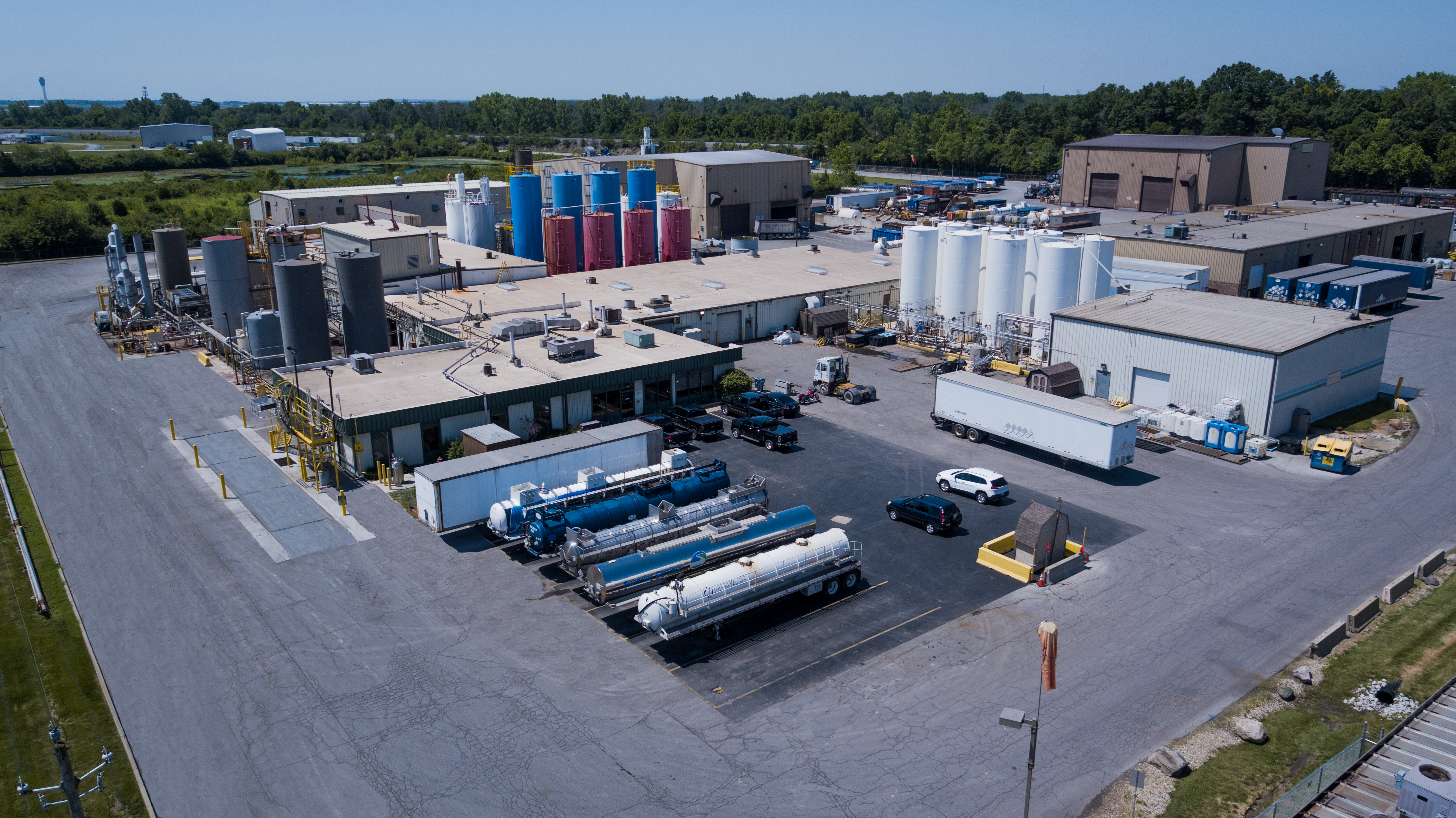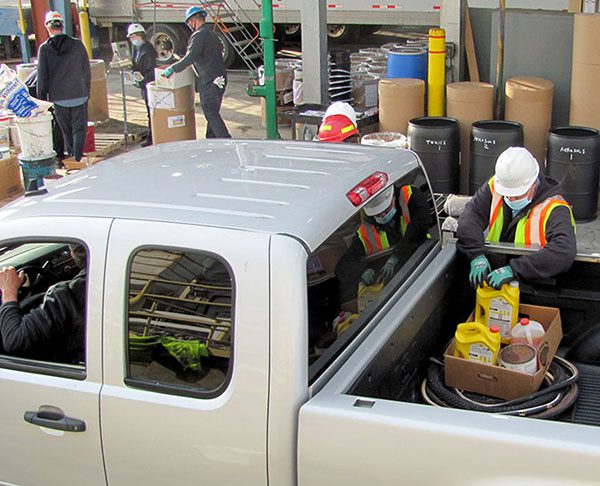
Information recently released by the U.S. Environmental Protection Agency confirms that three metal finishing companies in Southern California are paying the (hefty) price for improperly disposing of hazardous waste. Collectively, the three companies will be paying fines of more than $196,650.
Some of these charges include:
- $74,000 in fines for failure to treat their industrial wastewater to federal standards before discharge.
- $19,500 in fines for the improper management and treatment of hazardous waste.
- $3,150 for failure to properly label hazardous waste containers.
- An additional $100,000 will be spent by one of the companies in order to purchase a sludge dryer, which will reduce hazardous waste generated at the facility by 336 pounds a day.
“’The violation of federal regulations at metal finishing companies poses a risk to workers, as well as surrounding residents,’ said Jared Blumenfeld, EPA’s Regional Administrator for the Pacific Southwest.”
Unfortunately, these are not the first violations for these three companies. In March of 2010, an EPA investigation discovered that the first facility had discharged industrial wastewater into the Los Angeles County sewer system. The wastewater tested above federal limits for several toxins such as chromium, cadmium, nickel, and cyanide; which was a violation of the Clean Water Act.
The second of the three was found violating EPA regulations in October of 2010, with violations such as failure to properly label and cover hazardous waste and conducting treatment of hazardous waste without a permit.
In 2011, the last of them was found to be improperly closing and labeling hazardous waste containers as well as failing to properly label, contain, and date used fluorescent lamps; which violates the federal regulations for universal waste.
That’s at least five previous individual violations! The story raises an important question, is your company doing everything it can to remain EPA compliant? It’s best to be vigilant now then to have to pay the price later.
More News From Heritage
-
Published Articles 8/2/22
How Safety, Maintenance, and Reliability Are Intertwined
VP of Health and Safety Jim Mangas discusses the importance of plant safety, maintenance, and reliability (featured in BIC Magazine July/Aug '22)
-
Blogs 7/28/22
Spotlighting Our Environmental Interns
Highlighting some of the wonderful interns we have at Heritage this year!
-
Blogs 7/11/22
Turning Hazardous Waste into an Alternative Fuel
In this blog we walk you through the process of fuel blending, where we can turn hazardous waste materials into a viable alternative fuel source.
-
Community News 6/15/22
2022 Habitat for Humanity Build
Our 12th annual Habitat for Humanity Build
-
Blogs 4/13/22
After Hurricane Ida, Our Port Fourchon Office Rebuilds
On August 28th, 2021, the Louisiana coast was battered by Hurricane Ida. This included our Port Fourchon Service Center, where the devastating hurrica
-
Community News 4/7/22
Heritage readies for Earth Day HHW collection in East Liverpool
Heritage Thermal Services is pleased to announce that its collection of household hazardous wastes for the East Liverpool area returns for 2022.
-
Published Articles 4/2/22
The Impact of Changing Conditions
VP of Health and Safety Jim Mangas discusses preparedness for unexpected conditions during a project. (featured in BIC Magazine March/April '22)
-
Blogs 3/11/22
International Women’s Week Spotlight – Rachel McGrogan
Rachel McGrogan speaks about her time as a Lab Chemist at Heritage.








